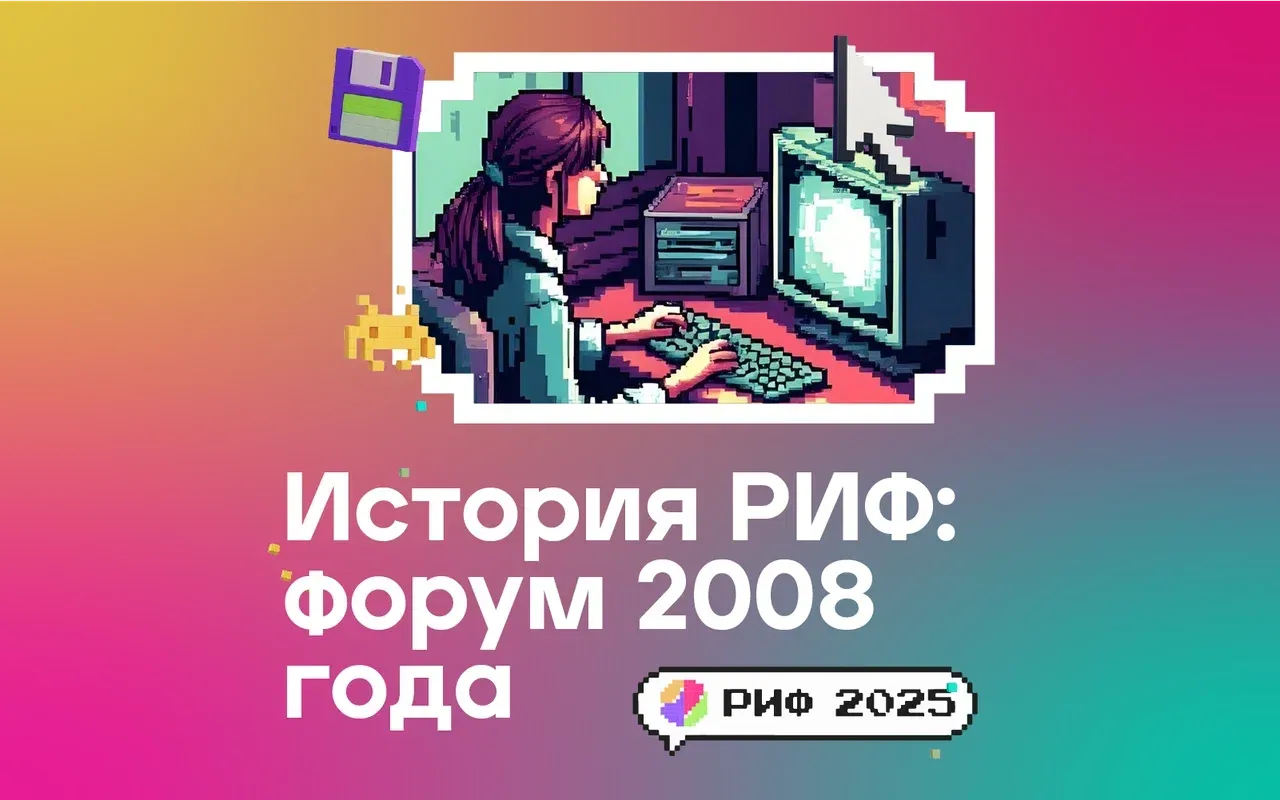RIF 2008: The Runet Diaspora
The 12th Russian Internet Forum (RIF) has officially gained the status of a state-level event. With President Dmitry Medvedev in attendance, the conference signaled that Russia’s internet industry is no longer a niche—it is now part of national policy.

By the Numbers
Held April 2–4 at the Lesnye Dali retreat, RIF brought together 2,812 participants from all seven Russian federal districts, as well as representatives from the CIS and beyond. Men made up 65% of attendees, and 1,425 companies were present. The average participant? A CEO or division head of an IT company, aged 32–35.
RIF’08 featured 41 scientific and practical sessions—a record for the forum. On opening day, President Medvedev announced that around 40 million Russians were already online. He highlighted the growth of internet traffic, e-commerce, and the state’s support for projects such as the Gramota.ru portal. 'It is unthinkable today to imagine a government official’s desk without a computer,' he remarked.
Medvedev also amused participants by sharing that, after checking social networks Odnoklassniki and VKontakte, he discovered 630 Dmitry Medvedevs—some of them, he noted, looked strikingly like him.
Closing the Digital Divide
The president’s most serious message focused on Russia’s 'digital divide.' In Krasnoyarsk, for example, internet access costs six times more than in Moscow. Medvedev’s comments sparked speculation and debate, with industry veterans recalling a similar turning point in 1999, when then–Prime Minister Vladimir Putin met with the internet community. Many of the commitments made then were fulfilled, giving extra weight to Medvedev’s words.
The underlying issue, participants noted, was monopolization of regional telecom infrastructure and artificially inflated prices for standard telephone channels, which set the baseline for internet costs. Experienced attendees predicted that regional internet prices could drop within two years.
Ideas, Debates, and Resolutions
As always, the program was diverse. Twenty-three exhibition stands showcased the latest in Russian IT. The nationwide Internet Marathon, running from April to December 2008 in 12 cities, was launched at RIF.
Session topics revealed the industry’s preoccupations:
- 'Personnel Shortages: Internet Industry Needs and the Education System’s Capacity'
- 'Aggressive Content: How to Protect Children and Adults?'
- 'Personal Data Online: What Matters More—Anonymity or Security?'
- 'Cybersquatting in Russia: Crime or Civilized Business?'
- 'The Web 3.0 Era: What’s Next?'
- 'Traffic Monetization: Non-Advertising Revenue in Runet'
The final resolution declared that Runet was expanding across all sectors—private, public, cultural, and educational. The state had already taken meaningful steps, such as connecting most schools to the internet. But participants also flagged unresolved issues.
Key priorities included: reducing regional inequality in internet access, strengthening state–business–citizen interaction through ICT with legal recognition, creating a monitoring system for Runet’s growth, developing self-regulation mechanisms, and standardizing Russian-language internet terminology.
By making the resolution public, organizers aimed to involve industry groups, government bodies, and the broader internet community in shaping the sector’s future.
The Bigger Picture
RIF 2008 achieved exceptional visibility. It popularized the phrase 'digital divide,' far outpaced other annual conferences in attendance, and became a testing ground for dialogue between tech titans and political elites.
Yet the scale also brought logistical headaches: limited transport left many stranded, cafeteria meals had to be prepaid via bank transfer, and heightened presidential security slowed entry.
Still, the defining feature of RIF’08 was its mix of corporate heavyweights and top government officials. As one participant quipped, the 12th RIF turned into 'a sandbox for the big players.'

